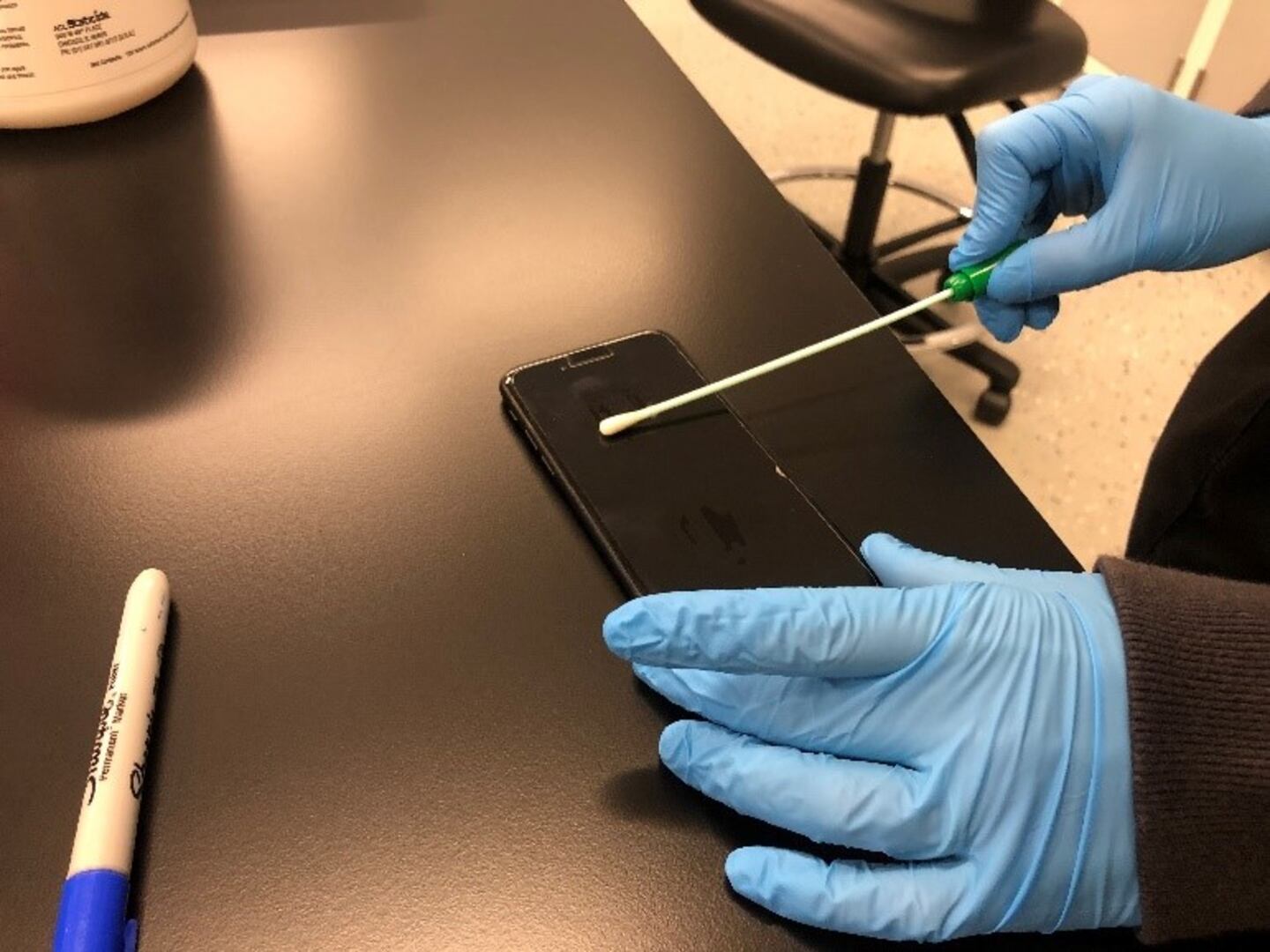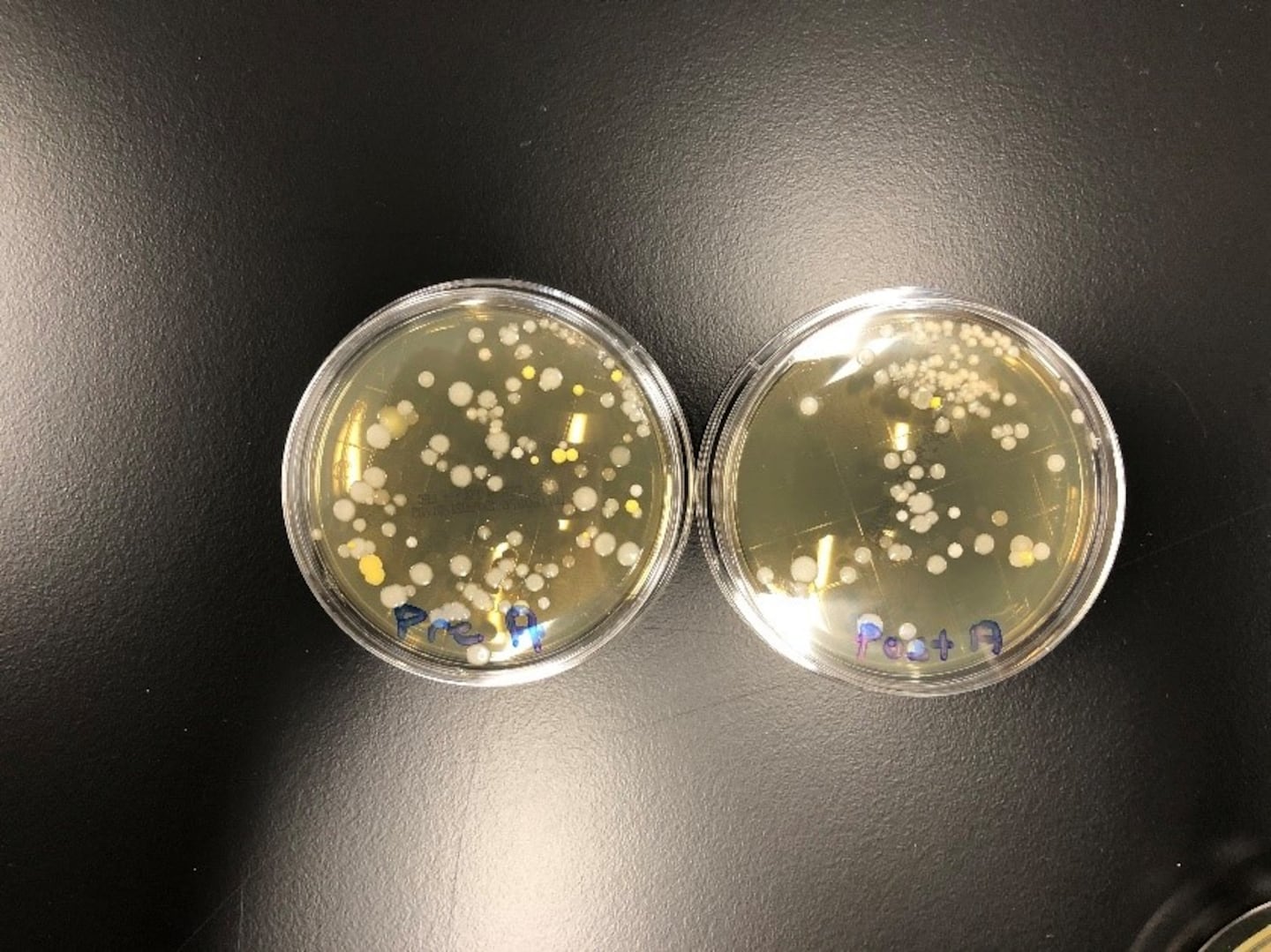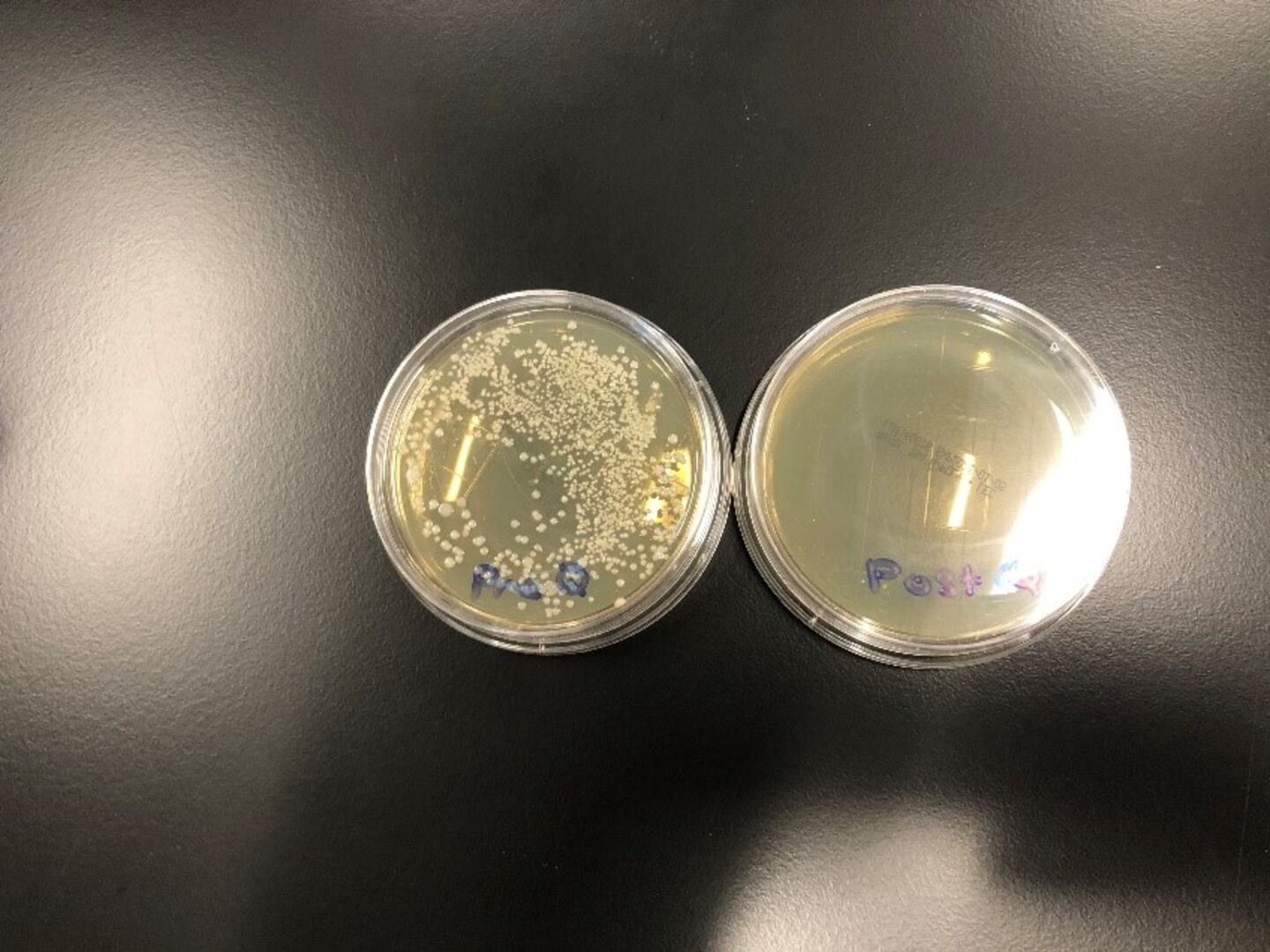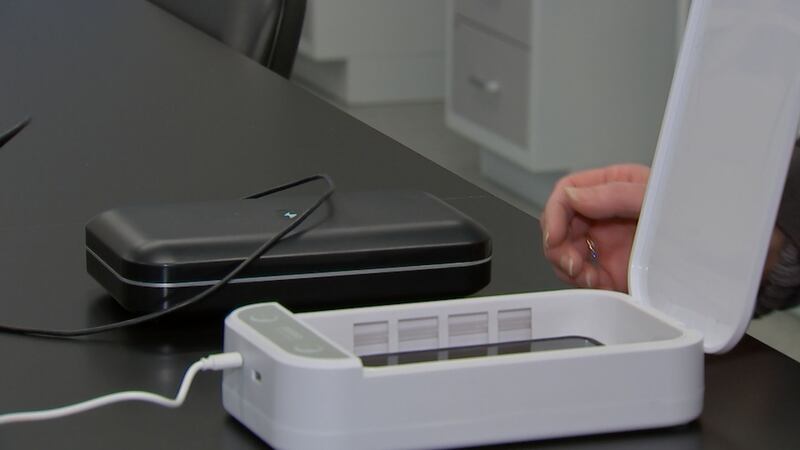PITTSBURGH — The coronavirus pandemic has created a demand for cleaning wipes, sprays and even ultraviolet-C or UV-C devices.
UV-C technology has been used as a cleaning tool in hospitals for years.
“These devices are definitely unique from the consumer grade devices that are currently available. We do not know that the consumer grade devices that we have will work as well against bacteria and viruses,” said Dr. Graham Snyder, the medical director of infection prevention and hospital epidemiology at the University of Pittsburgh Medical Center.
Snyder said research has shown that UV-C light kills bacteria and makes viruses inactive if the wavelength and time are used correctly.
WANT TO LEARN MORE ABOUT UV-C? CLICK HERE
Channel 11 wanted to know if UV-C products available for purchase online really do kill bacteria and viruses. We bought one for about $30 and took it and a second unit to U.S. Micro Solutions lab.
We swabbed a phone and keys, then put them into the machine.
“We are looking for (a) difference in a number of bacteria in the pre-swab versus the post swab,” said Deanna Kiska, president of U.S. Micro Solutions.
The lab conducted multiple tests and then waited 48 hours for results.
“The UV light in at least one case kills the bacteria, but we have no growth on those plates. The one device (where) there’s still a lot of bacteria (suggests) it’s just, it’s not as effective as the other device,” she said.
One of the devices worked well, showing barely any growth. The device we bought online showed no difference in the before and after swab plates.
White Device We Purchased
Black Device Also Tested
Kiska said two things could have impacted that: shorter exposure time and light bulb placement.
“When you look in here the lights on this device or on the side versus this device where they’re on the top and bottom,” Kiska said, “it seems like it had a lot more bells and whistles but, in the end, the Quiet Mind works better.”
Snyder said devices like the white one can create a false sense of security. His advice is to wash your hands before handling devices like cellphones and to wipe down your devices.
Apple says don’t spray cleaners directly on iPhones but use alcohol wipes on the surfaces instead.
If you’re interested in the black device that did pass our tests, CLICK HERE.
To learn more about U.S. Micro Solutions and the testing they do, CLICK HERE.
TRENDING NOW:
Cox Media Group









